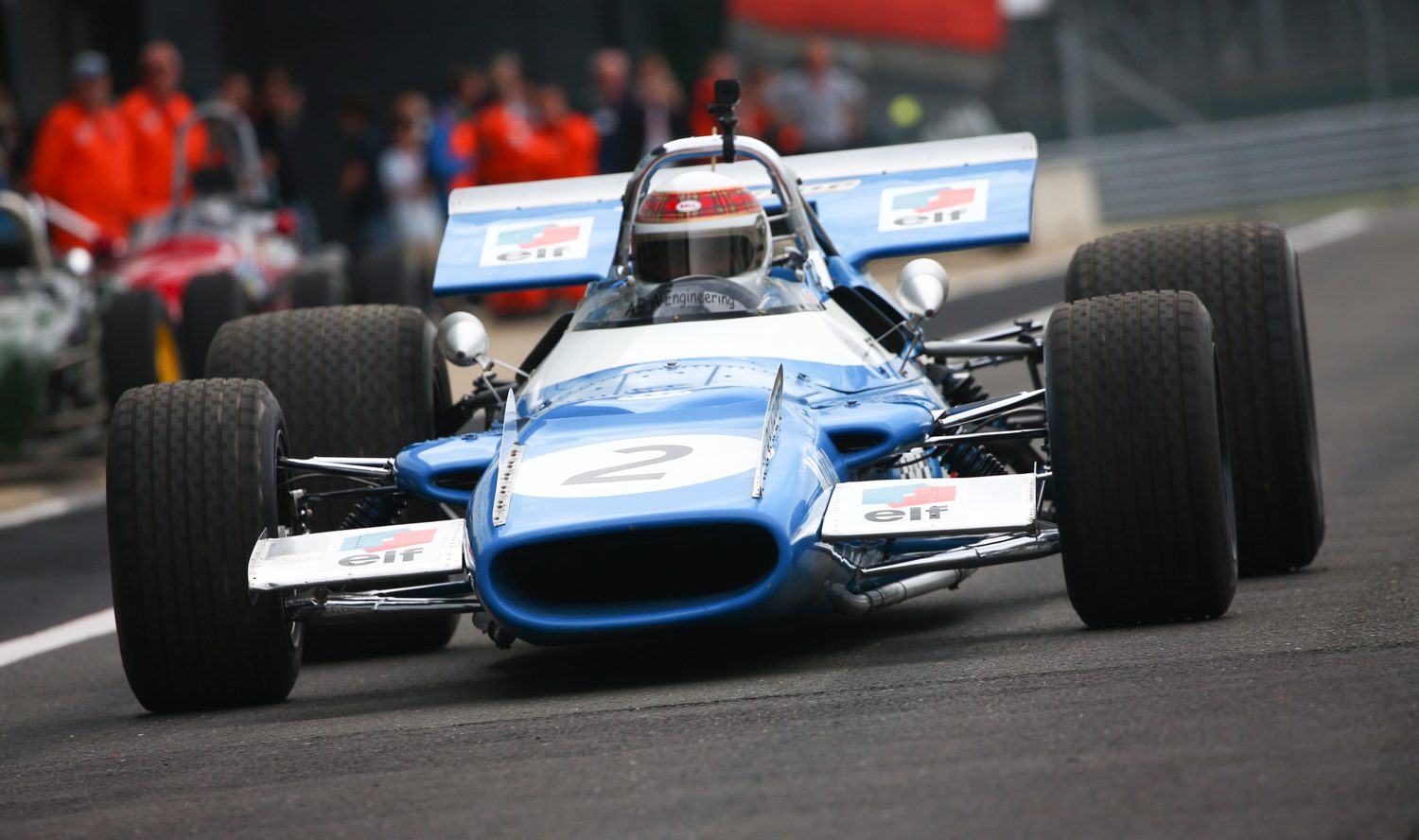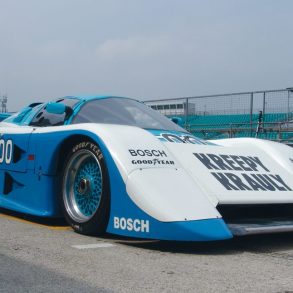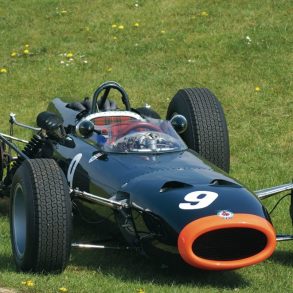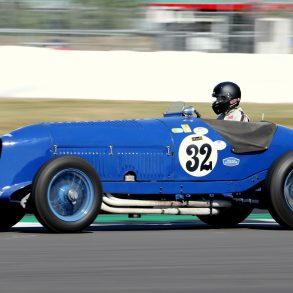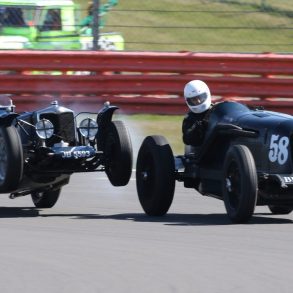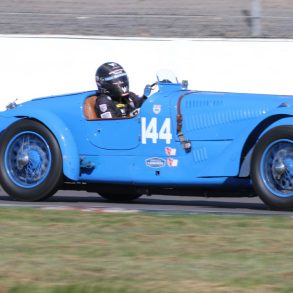As one of the major highlight’s at this year’s record-breaking Silverstone Classic, racing legend Sir Jackie Stewart returned to the home of British motorsport to celebrate the 50th anniversary of his first British Grand Prix victory which came at the superfast Northamptonshire circuit back in July 1969.
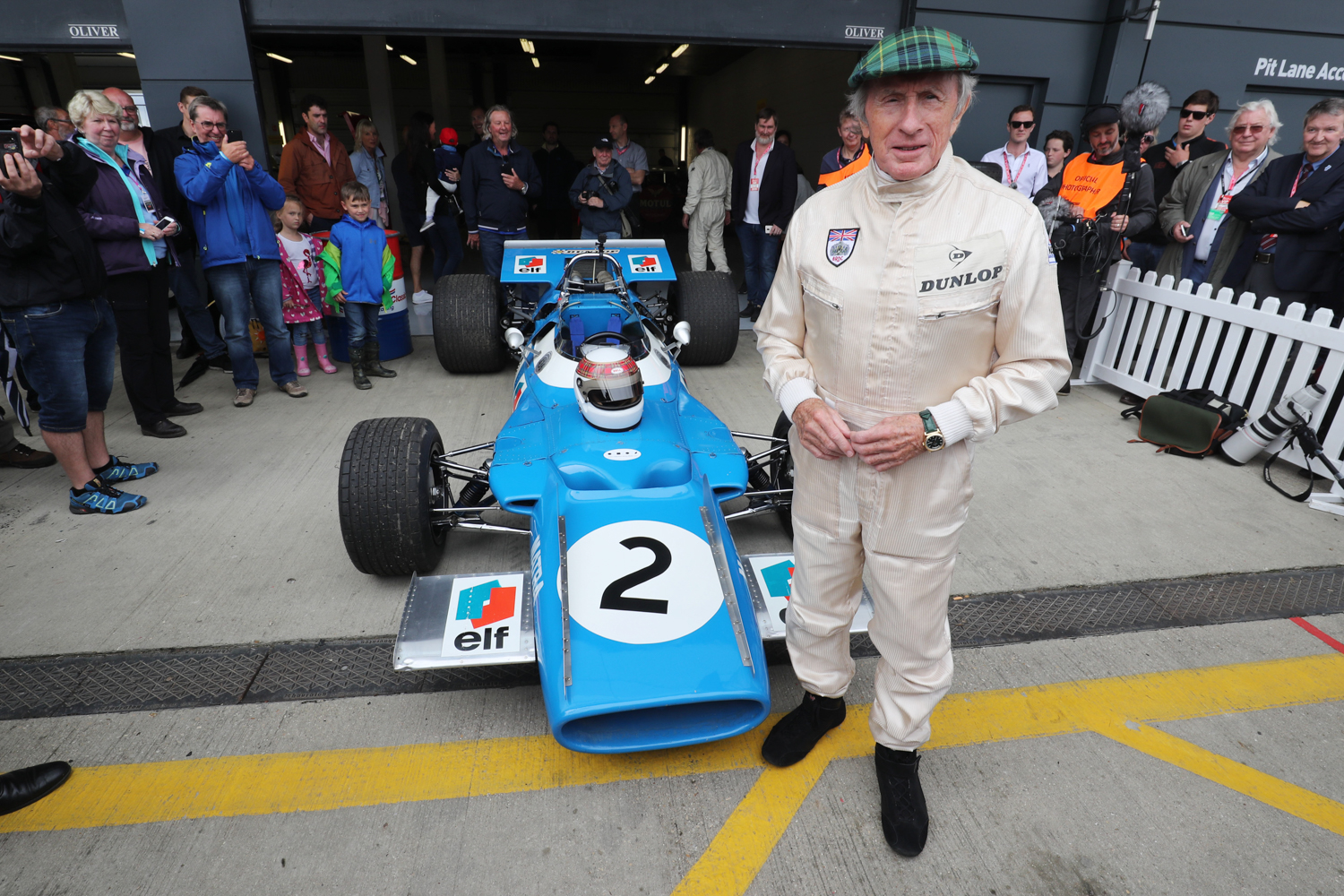
Marking the golden anniversary of that magical milestone – a win that propelled the Flying Scot towards the first of his three world championship titles – Stewart was back behind the wheel of his race-winning blue Matra MS80-02 for some evocative laps on both Saturday and Sunday afternoons at the Classic.
The Scot was also happily reminiscing with some of the 100,000+ visitors to the Classic and back on the Silverstone podium, this time to present prizes to the winners of the event’s pair of blue-riband retro F1 races featuring glorious DFV-powered Grand Prix cars dating back to the sport’s halcyon epoch between 1966 and 1985. The two star races were renamed in his honor as the Sir Jackie Stewart Trophy for FIA Masters Historic Formula One.
“The Matra is a special car to me and it’s always a real thrill to be back in it,” said Sir Jackie, who really appreciates that the iconic car has been kept in its original condition. “Over the years I have driven it from time-to-time but to have the Matra back here on the Silverstone circuit 50 years after that win really brings back so many happy memories. It seems just yesterday sometimes!”
Quite apart from its significance to Stewart, the 1969 British Grand Prix is regarded by many as one of the greatest F1 races of all times. It is remembered for a truly epic battle between Stewart and the hard-charging Jochen Rindt in his red, white and gold Lotus 49.
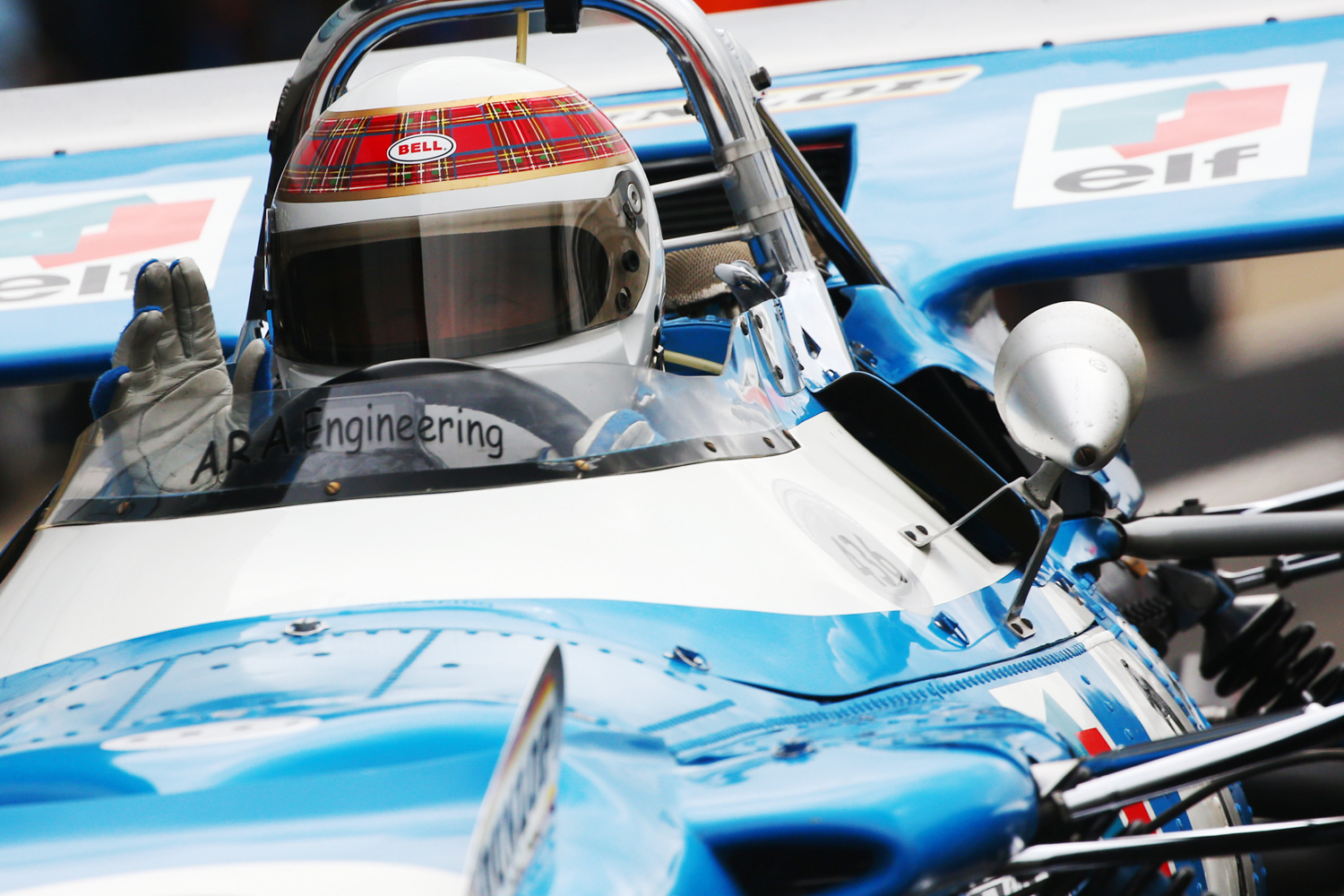
Renowned as a campaigner for safety, Stewart warned his rival and Rindt was forced to pit for swift repairs, returning to the track to finish in a thoroughly undeserved fourth position.
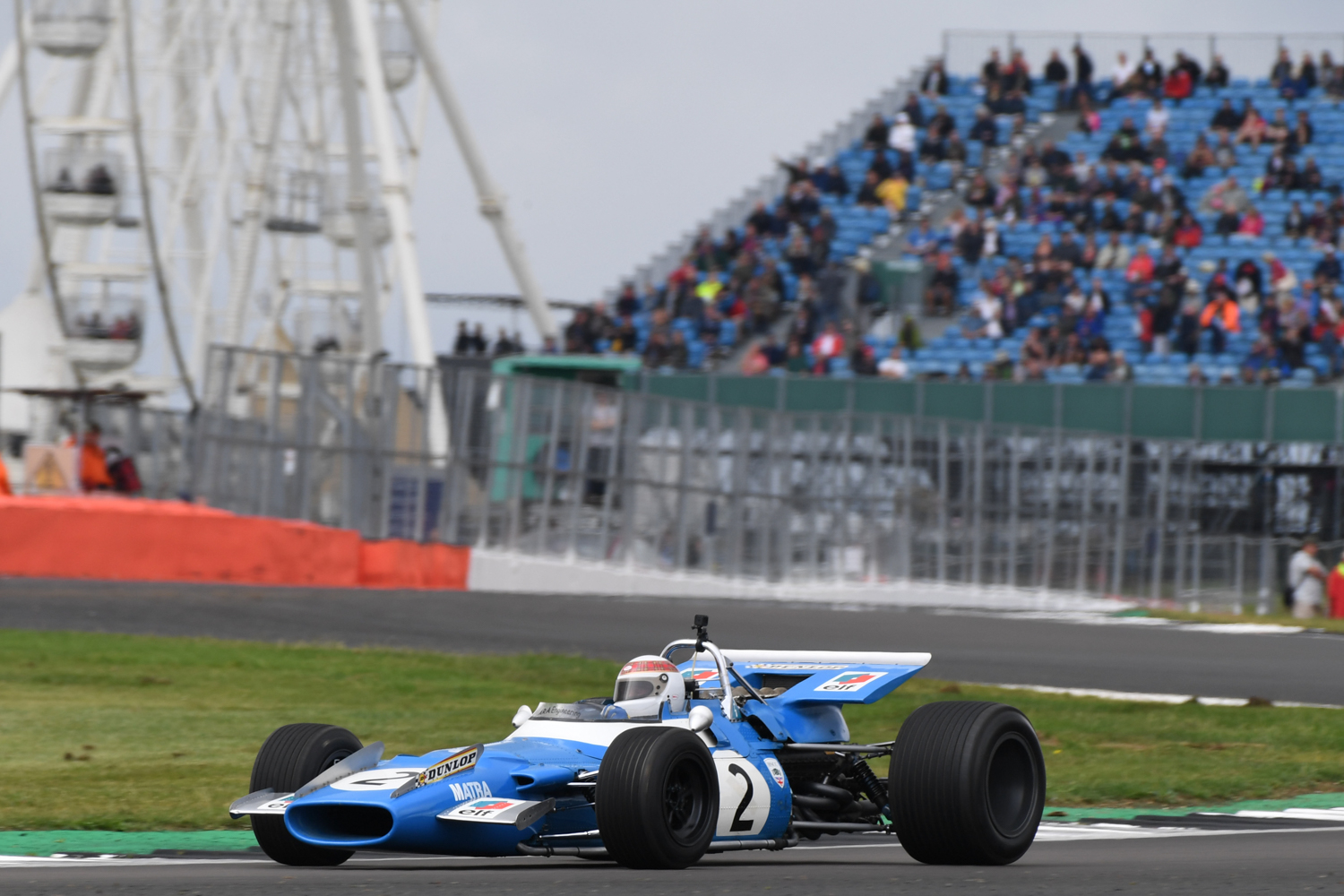
“The Matra MS80 was a wonderful car to drive and the Lotus 49 was also exceptional, in addition to which we were such good friends that there were no nasty circumstances during the entire race, until the unfortunate point at which Jochen’s rear wing came loose. My father and my brother were there to see me win. It was a big day in my life.”
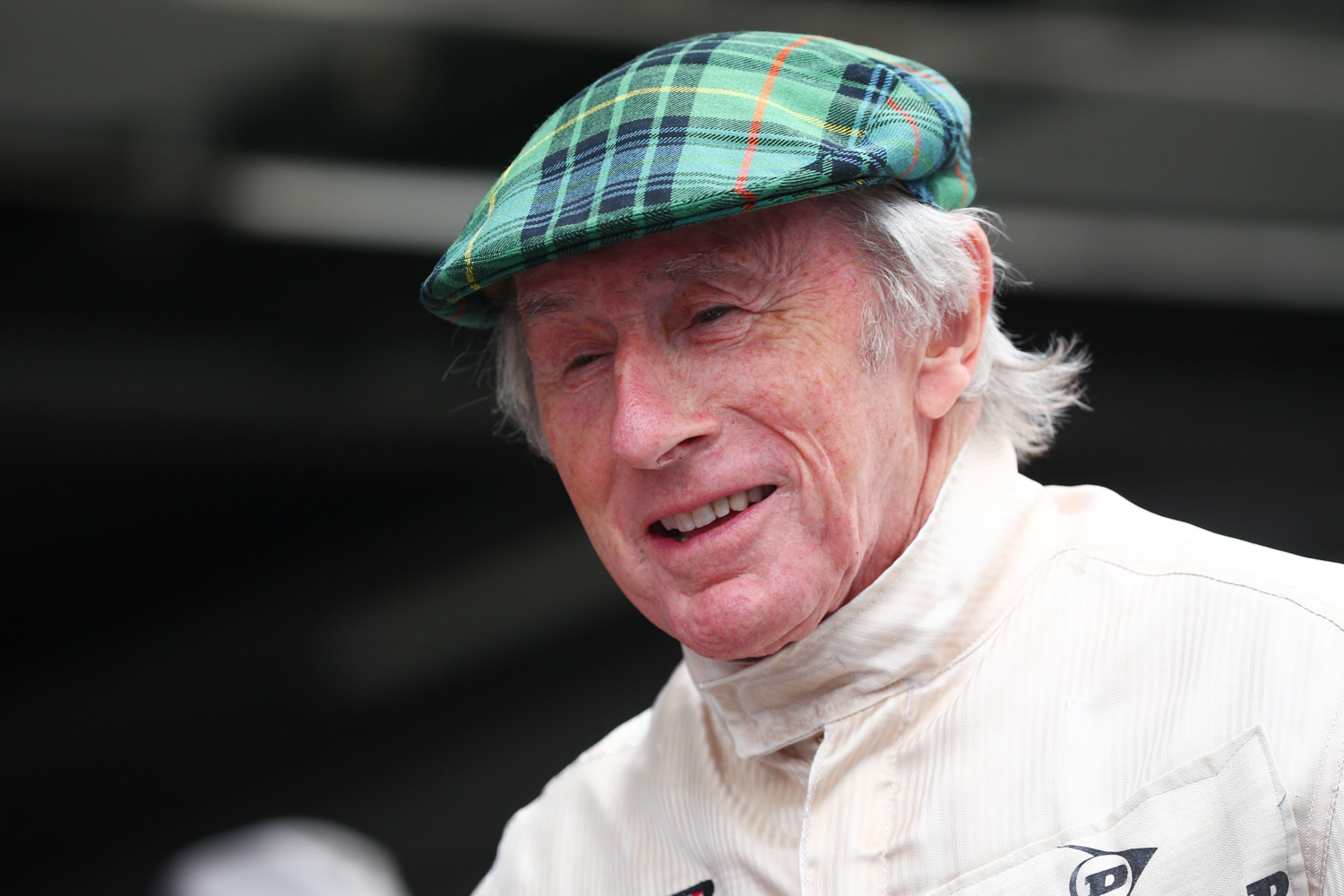
Today, the tireless Stewart is crusading for a different cause. After his wife, Lady Helen Stewart, was diagnosed with frontotemporal dementia, he founded Race Against Dementia believing the application of Formula 1 technology and philosophies could produce earlier solutions to the condition. Almost one million people in the UK alone are living with dementia.
“I am extremely grateful to the organizers for supporting Race Against Dementia,” said Stewart. “Helen will be truly proud of what we’re doing to challenge her illness and the challenge dementia poses to us all.”
All the funds raised at the Silverstone Classic by the festival’s Official Charity Partner, Alzheimer’s Research UK, are going directly to Race Against Dementia Fellowships. The Fellowships, which are administered by Alzheimer’s Research UK, will support early career scientists in their pursuit of innovative solutions to the big questions in dementia research.


